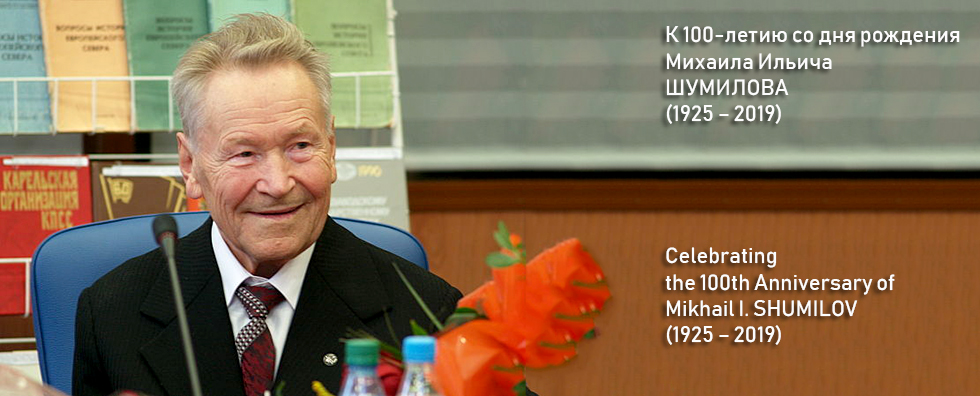References
Alekseev R.A., Kriveshko D.D. Remote electronic voting: application experience in Russia and abroad. Journal of Political Research, 2024, Vol. 8, No. 1, pp. 3-20. DOI: 10.12737/2587-6295-2024-8-1-3-20. (In Russ).
Alekseev R.A., Abramov A.V. Problems and prospects of using electronic voting and blockchain technology in elections in Russia and abroad. Citizen. Elections. Authority, 2020, No. 1(15), pp. 9-21. (In Russ).
Gadzhieva A.O. Active electoral law in the conditions of using digital technologies: the case study of Moscow. Author's abstract of candidate's thesis (Law). Moscow, 2023, 291 p. (In Russ).
Grigoryev A.V. Constitutional and legal regulation of the use of modern information and communication technologies in the implementation of institutions of direct democracy in Russia. Author's abstract of candidate's thesis (Law). Moscow, 2020, 224 p. (In Russ).
Kersting N. Electronic voting and democracy in Europe. Political Science, 2007, No. 4, pp. 123-144. (In Russ).
Lysenko V.I., Golovin A.G. Electoral legislation and elections in the modern world. Moscow, MediaPress, 2009, 527 p. (In Russ).
Mazein A.V., Kozhevnikov A.K. Experience of using electronic voting tools in the BRICS electoral process. Agrarian and Land Law, 2025, No. 1, pp. 71-74. DOI: 10.47643/1815-1329_2025_1_71. (In Russ).
Matrenina K.Yu. On the genesis and evolution of e-voting: international experience and practice. Law and State: The Theory and Practice, 2014, No. 12(120), pp. 41-47. (In Russ).
Matrenina K.Yu. The formation and the development of electronic voting in foreign countries. Federalism, 2014, No. 4(76), pp. 176-182. (In Russ).
Mintusov I.E., Gulyaev D.S. Remote electronic voting in the countries of the Anglosaxon system: USA, Australia, Great Britain. Why didn't the DEG vote catch on? Citizen. Elections. Authority, 2022, No. 1(23), pp. 122-139. (In Russ).
Mityaeva Yu.V. Experience of Internet voting in elections and referendums in Russia and abroad. Elections: Theory and Practice, 2013, No. 2(26), pp. 13-18. (In Russ).
Pavlushkin A.V., Postnikov A.E. Legal mechanism of distance electronic voting (feasible model analysis). Journal of Russian Law, 2009, No. 11(155), pp. 5-13. (In Russ).
Rzhanovsky V.A. Legal regulation and the system of remote electronic voting in the Russian Federation. Author's abstract of candidate's thesis (Law). Moscow, 2024, 205 p. (In Russ).
Fedorov V.I. Voting automation projects in historical retrospect. Citizen. Elections. Authority, 2020, No. 1(15), pp. 34-55. (In Russ).
Khudoley D.M., Khudoley K.M. Electronic voting in Russia and abroad. Perm University Herald. Juridical Sciences, 2022, No. 57, pp. 476-503. DOI: 10.17072/1995-4190-2022-57-476-503. (In Russ).
Chimarov N.S. Legal basis of the pilot project "Remote Electronic Voting" at the elections of September 8, 2019 into the Moscow City Duma of the seventh session. Vestnik of Saint Petersburg Juridical Academy, 2019, No. 4(45), pp. 21-25. (In Russ).
Yarygin G.O. New trends in the U.S. election process: electronic and Internet voting. USA & Canada: Economics, Politics, Culture, 2016, No. 9(561), pp. 90-104. (In Russ).
Battiston S., Luconi S., et al. To vote or not to vote in the homeland elections? Insights into voting abstention in Italy's constituency abroad. Modern Italy, 2024, Vol. 29, No. 1, pp. 73-96. DOI: 10.1017/mit.2023.59.
Cortier V., Gaudre P., et al. French 2022 legislatives elections: A verifiability experiment. The E-Vote-ID Conference 2023, 2023, pp. 1-15.
Fitzpatrick J., Jöst P. "The high mass of democracy" – why Germany remains aloof to the idea of electronic voting. Frontiers in Political Science, 2022, Vol. 4, pp. 876476. DOI: 10.3389/fpos.2022.876476.
Gadzhieva A.O. Electronic voting technologies in elections: Russian and foreign experience. RUDN Journal of Law, 2023, Vol. 27, No. 3, pp. 649–669. DOI: 10.22363/2313-2337-2023-27-3-649-669.
Garnett H.A., Bordeleau J.N., et al. Canadian provincial elections during the Covid-19 pandemic. Electoral Integrity Project, 2021, pp. 1-28.
Hall T. Electronic voting. In Kersting N., ed. Electronic democracy. Opladen; Berlin; Toronto, Barbara Budrich Publishers, 2012, pp. 153-176.
Iwasaki M. E-voting in Japan: A developing case? 4th International Conference on Electronic Voting 2010, 2010, pp. 283–295.
Kulyk O., Volkamer M., et al. German voters’ attitudes towards voting online with a verifiable system. International Conference on Financial Cryptography and Data Security, 2022, pp. 335-350. DOI: 10.1007/978-3-031-32415-4_23.
Pratchett L., Wingfield M. Electronic voting in the United Kingdom: lessons and limitations from the UK experience. In Kersting N., Baldersheim H., eds. Electronic voting and democracy: A comparative analysis. Palgrave Macmillan, 2004, pp. 172-189. DOI: 10.1057/9780230523531_11.
Stoner T., Duncan I. Practical remote elections for the UK. PST, 2004, pp. 41-45.




